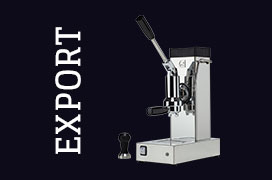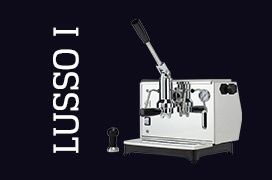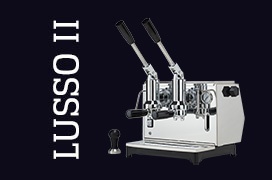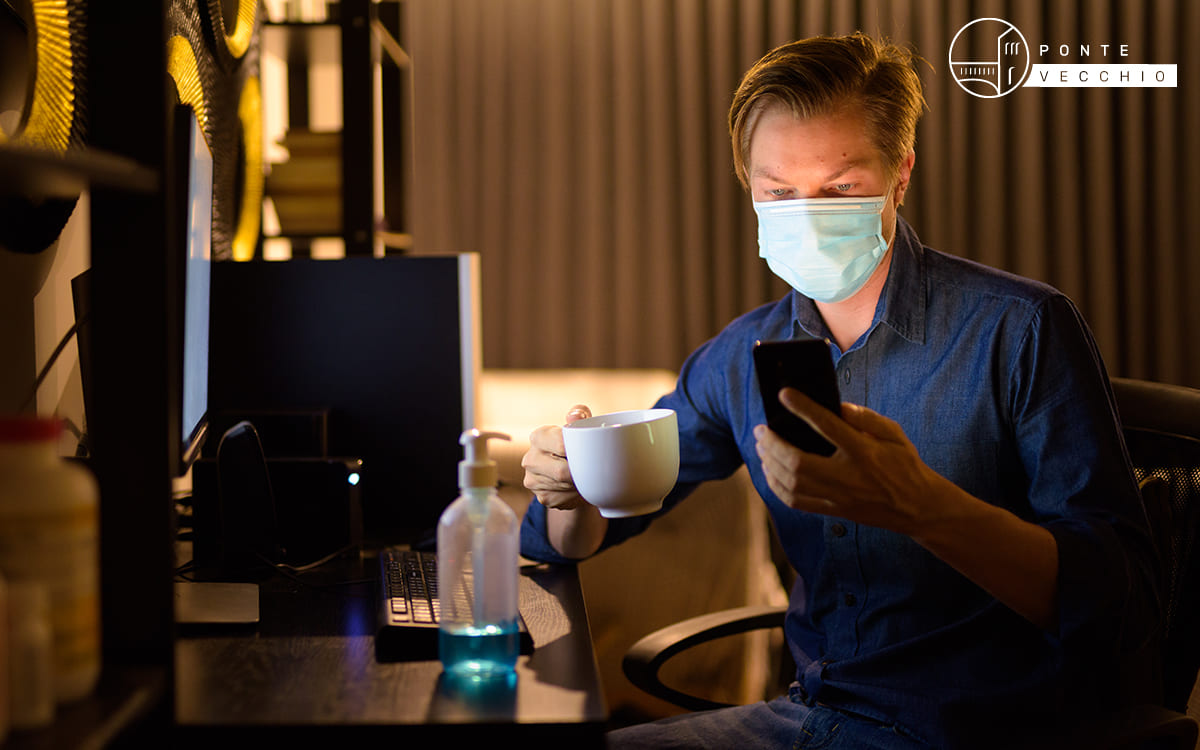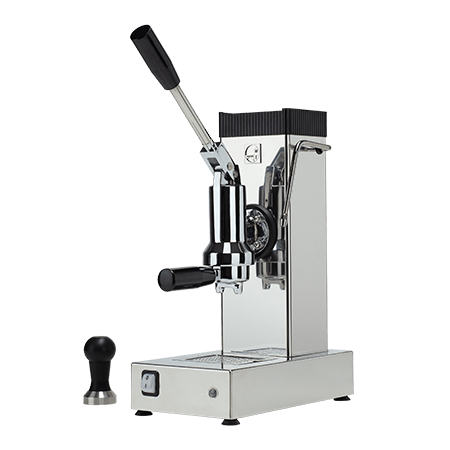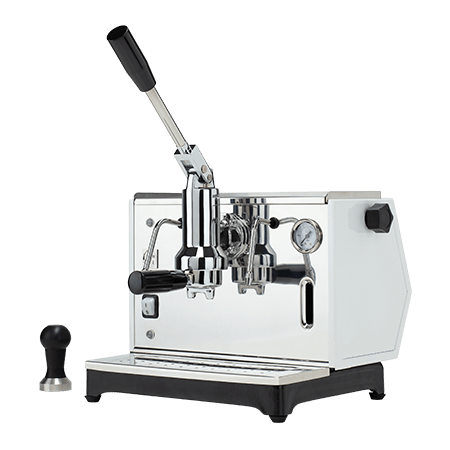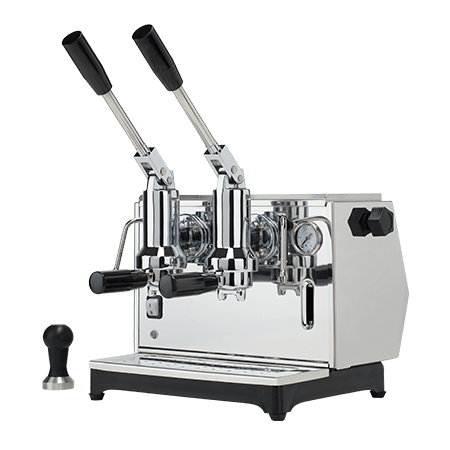In recent months, our lives have changed following the spread of the covid-19 virus.
Some of us have tried remote working, others have experimented with new lifestyles. Even the simplest habits, such as going shopping or having a coffee at the bar, have taken on a new dimension.
Everyone has asked questions about their favourite foods, especially about the production chain and packaging. And, in all likelihood, if you are a coffee lover, you will have wondered whether the coronavirus interacted with coffee.
To date, studies on the pandemic have also provided many answers as to whether there is a relationship between the coronavirus and coffee.
In this article we will provide you with answers to the most frequently asked questions, based on information released by the FCA (U.S. Food & Drug Administration) and the CDC (Centers for Disease Control and Prevention).
Can the coronavirus be transmitted through packaging?
During the lockdown, we have become accustomed to paying more attention to contact with packaging, shopping bags and the food route, so much so that we sanitise supermarket bags on the landing or as soon as we get home.
But is it possible to get Covid-19 from touching food or food packaging?
According to the answers given by the FDA, there is currently no evidence that transmission can occur in this way. But it is possible that the virus can survive on surfaces.
This does not mean that if you buy a product or handle its packaging you will get sick. In fact, the CDC points out that the coronavirus bacteria have a very low survival time on surfaces and therefore the risk of spreading through packaging is almost zero.
Coffee packages travel for many days before reaching our homes, in protected and temperature-controlled environments. And their route eliminates any risk of spreading the virus.
Coffee is a safe food
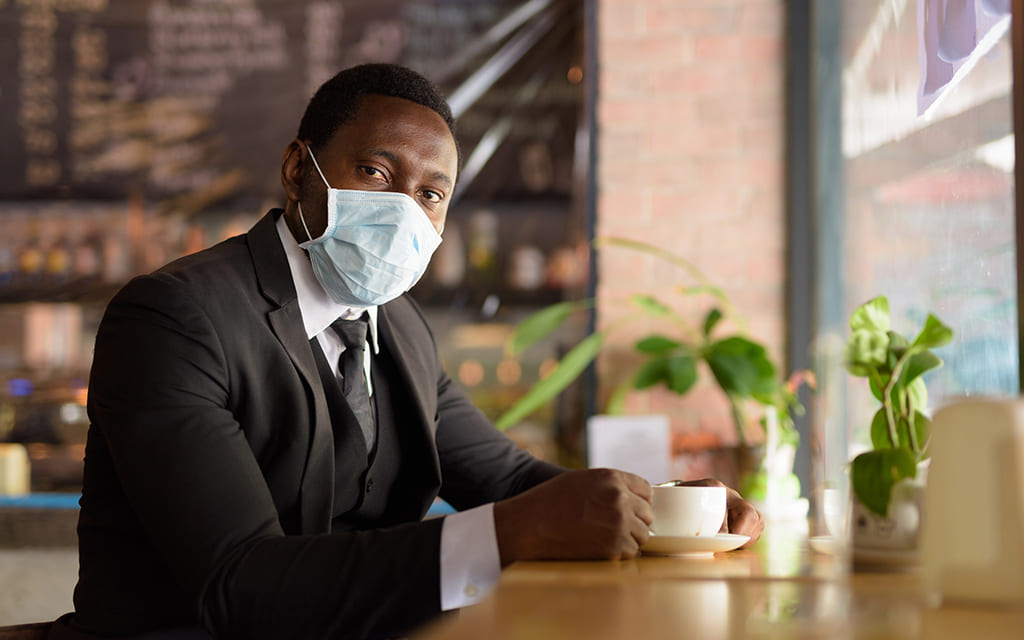
According to current research, there are no dangers associated with coffee consumption. Despite the fact that coffee beans are produced in countries affected by the pandemic, coffee is a safe food.
Let’s see why.
Coffee production is a complex process that takes many days to complete. After harvesting, the product is processed, stored and shipped in large batches. It usually travels in large containers to its destination countries, including Italy. The shipment takes at least 30 days to reach its halfway point.
The journey therefore, as we have explained to you, takes so long that it far exceeds the survival time of the coronavirus on the surfaces. In addition to this, consider that manufacturers use various packaging techniques to store the coffee in optimal conditions during transport. These include:
- washing with nitrogen;
- one-way valves;
- airtight bags.
These keep the product fresh for longer and preserve the aroma.
Thanks to this care during production and packaging, the product that reaches our homes retains its organoleptic characteristics over time. Most importantly, its long journey from the fields to the modern coffee machine ensures that the coffee you drink is safe and that there is no link between coffee and the coronavirus.
Products from abroad cannot spread covid-19
During the pandemic, the habit of preferring food products of Italian origin began to spread. The choice was due both to the rediscovery of old flavours and to the fear that imported products might somehow have been contaminated by the coronavirus.
In this case, the FDA responded clearly that there was no evidence of Covid-19 transmission through imported goods. Moreover, in recent months, there have been no cases of people being infected through products, either made in Italy or from abroad.
This applies to China, but also to all other countries strongly affected by the virus.
For lovers of the black drink, this information is a real panacea. In fact, Italy has very few coffee producers, and in order to have coffee as good as the coffee in the bar every day, it is necessary to buy it from the countries that produce it.
Is there any link between coffee from the café and the coronavirus?
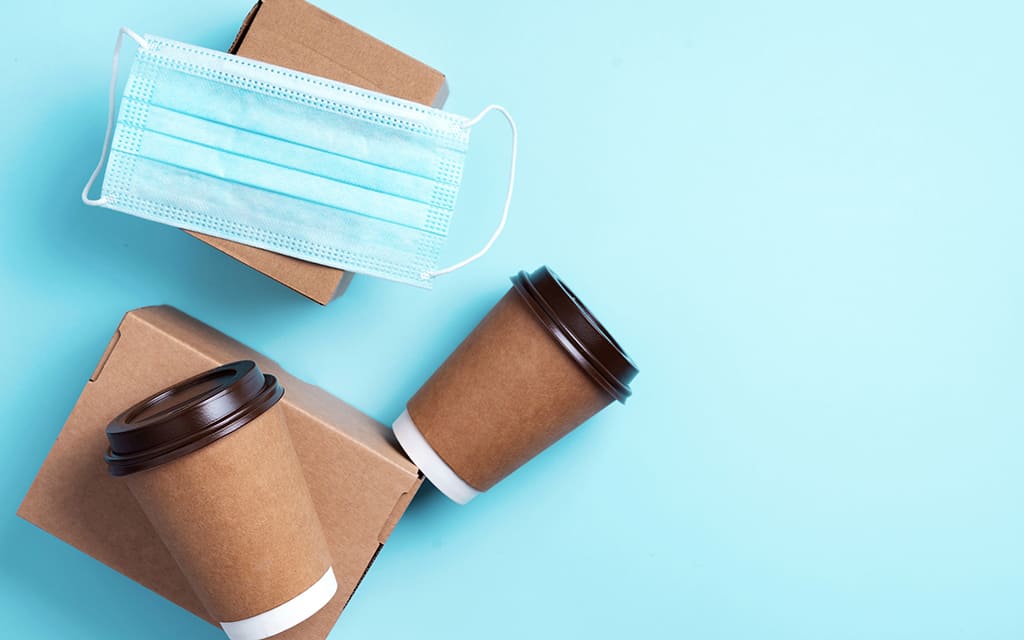
In the case of catering businesses, bars and restaurants, the same applies: packaged products are not a vehicle for transmission. These establishments do not handle loose food or drink but use packaged goods, which are purchased from their suppliers. This limits both the risk of food contamination and the risk of covid-19 transmission.
According to CDC recommendations, food facilities are required to routinely clean all surfaces that come into frequent contact with other people. Food contact areas should always be washed and sanitised and businesses are required to have food safety plans in place.
But there are no further recommendations on storing or sanitising food. On the contrary, the CDC does not recommend additional disinfection beyond recurrent and routine cleaning.
So, the important thing to do in order to consume a drink or food without fear is to ensure that the place you go to is clean and respects hygiene standards.
Coffee and coronavirus: there is no risk
Whether you choose to sip your espresso coffee at the bar or in your coffee corner in the kitchen, know that there is no link between the blend and covid-19.
Coronavirus bacteria resist on surfaces for a very short time, and the coffee’s journey to our country eliminates any risk. Coffee producers use preservation and packaging techniques that keep the product safe from contamination.
This means that the coffee that reaches our tables is absolutely safe!
The important thing is to pay attention to daily hygiene rules and the cleanliness of the countertops.
If you are a coffee lover, know that you don’t need to abandon all the habits that have always made you happy. You just need to do things more carefully. And now that you know that drinking good coffee doesn’t put you at risk of contracting the coronavirus, you can get back to enjoying your favourite beverage without any fear.
For a unique aroma, discover our professional coffee machines.
